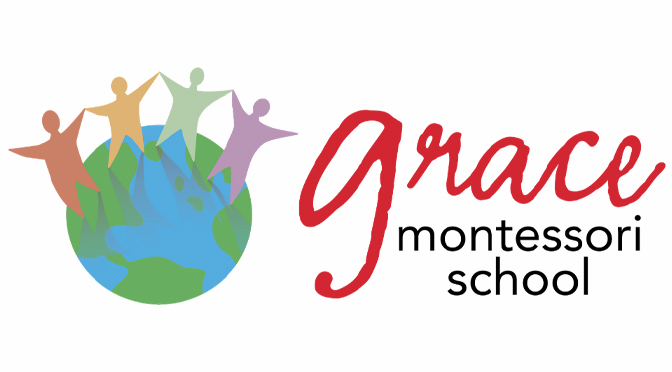During the 2020-2021 school year, 35 low-income students received scholarships and reduced tuition.
Allentown, PA (July 7, 2021) – Grace Montessori School (GMS) in Allentown helps low-income children escape the poverty cycle by providing high-quality education opportunities. Through the organization’s Closing the Achievement Gap program, differences in the educational success between students due to poverty, English language proficiency, disability, race, or ethnicity lessens among enrolled GMS students.
Closing the Achievement Gap assists families via need-based scholarships. The program builds school readiness and a foundation for children’s lifelong learning. Thanks to support and grants totaling $111,500 from outside organizations, like the Outreach Grant from the National Associate of Episcopal Schools (NAES), at least 30% of the student body received aid during the 2020-2021 school year.
“Poverty significantly affects student performance, making the achievement gap challenging to close,” said Radhika Hoshing, Executive Director, GMS. “The achievement gap drops when children are presented with rich opportunities to learn and thrive, and Grace Montessori offers programs that educate the whole child, fostering cognitive, social, emotional, physical, and spiritual growth.”
Program success is measured through a variety of tests that evaluate student competency by grade level, and GMS defines a successful program as 70 percent of enrolled students achieving on or above level competence in defined areas of the Montessori curriculum. GMS gauges success through:
- Teacher observations: Grace Montessori teachers observe student behavior and track Additionally, teachers keep tabs on child development and achievements in progress reports shared with parents twice a year.
- Grades K through five: Reading and listening skills are biannually evaluated through Edwal/Shanker Reading Inventory Sixth
- Grades 3+: Basic skills and knowledge achievement are tested and measured through administering the Stanford Standardized
GMS reached 70% student competence goals regardless of Covid-19 learning restrictions.
“Our parents tell us they are grateful and pleased that their children have been able to benefit from in-person education in a safe and healthy environment throughout the year,” said Hoshing. “Enrollment for next year is growing, and while the school will still limit spots to assure health and safety, we will serve more children next year and will continue to offer scholarships to children in need through our Closing the Achievement Gap Program.”
For more information about Grace Montessori, click here.
About Grace Montessori School
Grace Montessori School was established in 1992. A not-for-profit, school, and childcare center, we are associated with the American Montessori Society, licensed by the Pennsylvania Department of Human Services, and registered as a private, non-public school with the Department of Education of the Commonwealth of Pennsylvania. We strive to educate the whole child – cognitively, spiritually, and physically, and our classroom environments are large, inviting, and well equipped with
age-appropriate, developmentally designed materials. As an Episcopal School, we value nurturing the whole child by providing opportunities for Spiritual, Social-Emotional, and Cognitive development. We seek and welcome the cultural, socioeconomic, and religious differences of our families, and weave them into the common life of our students and staff.
Information Provided By:
Annika Dahlgren
http://www.socialTmarketing.com/




